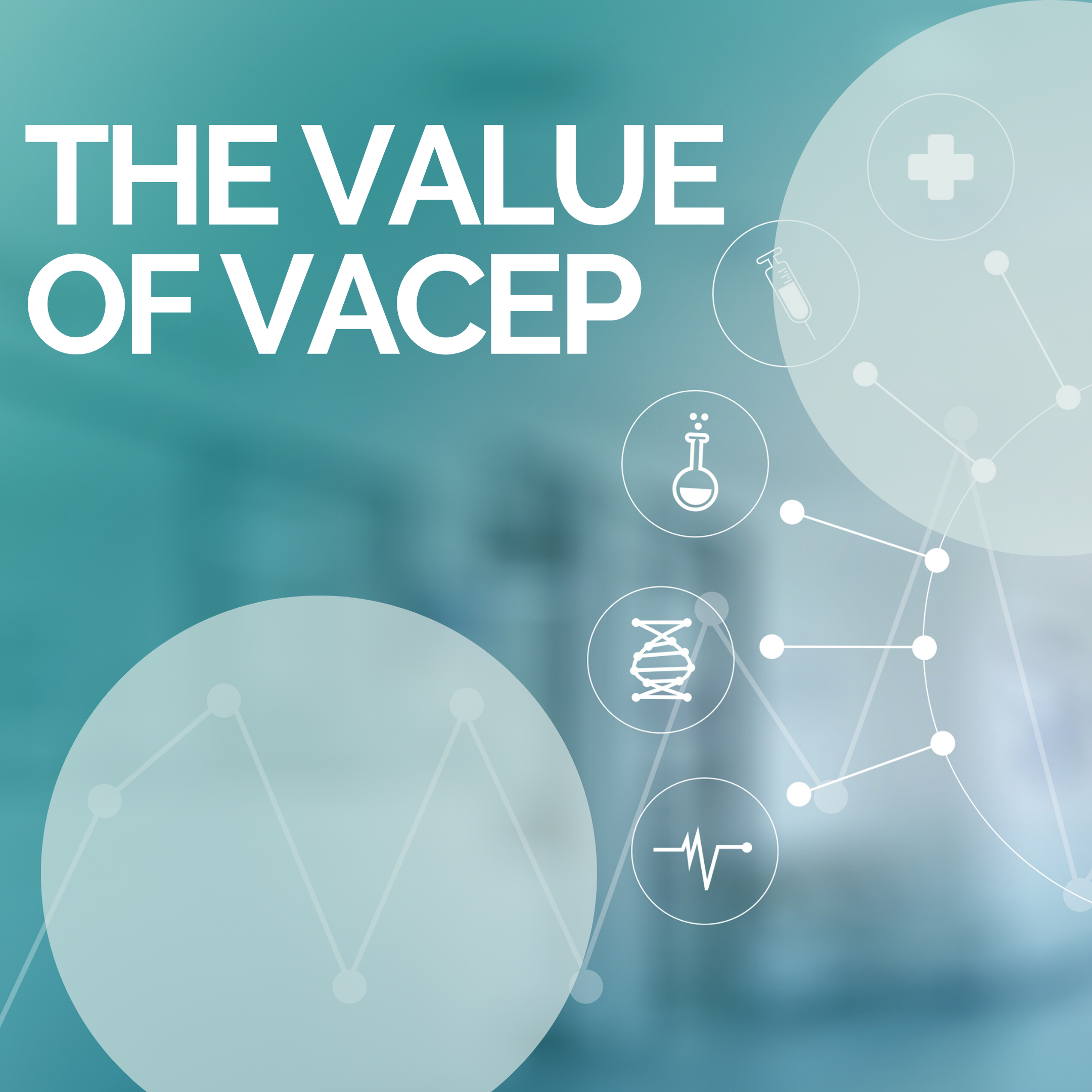Feb. 14 General Assembly Update: Two different bills in play to fix surprise billing
Post-Crossover, there are two bills — in two different forms — to fix surprise billing in Virginia.
The 2020 General Assembly session began last month with four bills — two supported by the doctors and hospitals (SB172 from Sen. Barbara Favola and HB1251 from Del. Luke Torian), and two supported by the insurers (SB767 from Sen. George Barker and HB901 from Del. Mark Sickles). After Crossover (the halfway point of session), both bills supported by the insurers have been defeated, and we are down to our two bills — but each in different forms than when we started session.
In today's STAT Report, we outline the 5 things you need to know about these bills, and the details of each one.
Multiple members of the General Assembly have made it clear that a bill to ban balance billing will pass this year. Most legislators are prepared to vote for a bill they may not personally support in order to get something passed. This is opposed to last year, when many legislators and patient groups were OK with having no bills rather than bad bills.
SB172 includes a dispute resolution process (details below) and is favored over the House bill by hospitals and physicians. HB1251 includes a new definition for the payment benchmark that looks at the weighted Medicare rates in the region and unweighted regional commercial averages.
Having two bills that are alive sponsored by our patrons, even if very different than what we started with, is critical.
There is a lot of work to do, and what the final product will be is still unknown. Given how things were looking initially, we are in the best possible position we could be in right now.
The support of all of our STAT members, VA-EMPAC donors, and VACEP members has been critical to our success to date, and gives us the resources to continue fighting this fight.
SB172 (Favola)
In a continued effort to move toward a middle ground, and strongly encouraged by patient advocacy groups, our patron worked with the hospitals and physicians to amend her bill to a dispute resolution process as a way to break the stalemate between insurers and providers on their benchmarks and avoid the need for the General Assembly to establish payments rates in statute. This Independent Dispute Resolution substitute was necessary to keep the support of patient-advocacy groups.
This bill has gone through a full overhaul and now addresses both emergencies and non-emergencies and allows for an expedited arbitration process if the physician or hospital doesn’t believe the payment that was made was reasonable.
Key Details of SB172:
Takes the patient out of the middle and bans balance billing.
Then, an independent arbitrator with health care experience would make the decision.
It requires the insurer, in cases when a doctor or hospital are out-of-network, to pay a “usual and customary commercial payment” as the initial payment directly to the provider (per assignment of benefits).
If the doctor or hospital thinks that the initial payment is sufficient, that’s it. The process is over.
If they do not think the payment is reasonable, then they can first try to resolve it with the insurer in the normal billing dispute process.
If that doesn’t work, they can request an independent, contracted arbitrator through an easy-to-use Bureau of Insurance web portal, similar to what is used in the Workers' Compensation Program. The arbitration process will be expedited.
An independent arbitrator will determine a reasonable payment by considering all of the party’s payment structures, as well as other factors (this incorporated the three “benchmarks” advocated by the different groups). There are 10 factors total — these are the primary ones:
Median in-network payments (supported by Insurers)
Regional commercial average (supported by Doctors)
Fair market value (supported by Hospitals)
Allows providers to batch claims together for efficiency.
Splits the cost of arbitration between provider and insurer (cost in other states is around $250-$400); this is where batching is important.
Protects in-network contracts on both sides by not setting a benchmark.
Keeps all the reporting language to see if doctors drop out-of-network or if insurers cancel in-network contracts; also tracks how often arbitration is used and how the dispute was resolved.
HB1251 (Torian)
Since the sponsors of the competing bills on the House side were the Chair and Vice Chair of the House Appropriations Committee, the House referred the competing bills to that committee to come to an agreement. The committee staff, in an attempt to try to craft a bill that represented a compromise between the two parties for emergencies and non-emergencies, tried to follow the “If everyone is unhappy, it should be a good compromise” model.
However, this bill needs a lot more work and the hospitals and physicians prefer the newly crafted Favola bill as the right compromise to move forward.
Key Details of HB 1251:
Creates a new definition for the payment benchmark that looks at the weighted Medicare rates in the region and the unweighted regional commercial averages.
Allows the Bureau of Insurance to review the payment if requested by the provider.
Creates a workgroup, led by Virginia Health Information, to determine the methodology for payment amounts for services in each planning region, to essentially set the market-based value of payments for emergencies and non-emergencies.
Of course, your VACEP lobbying team is hard at work to ensure emergency physicians emerge from this process with a fair and equitable solution to balance billing. We will keep you updated as we learn more in the final sprint to the end of the 2020 session.



